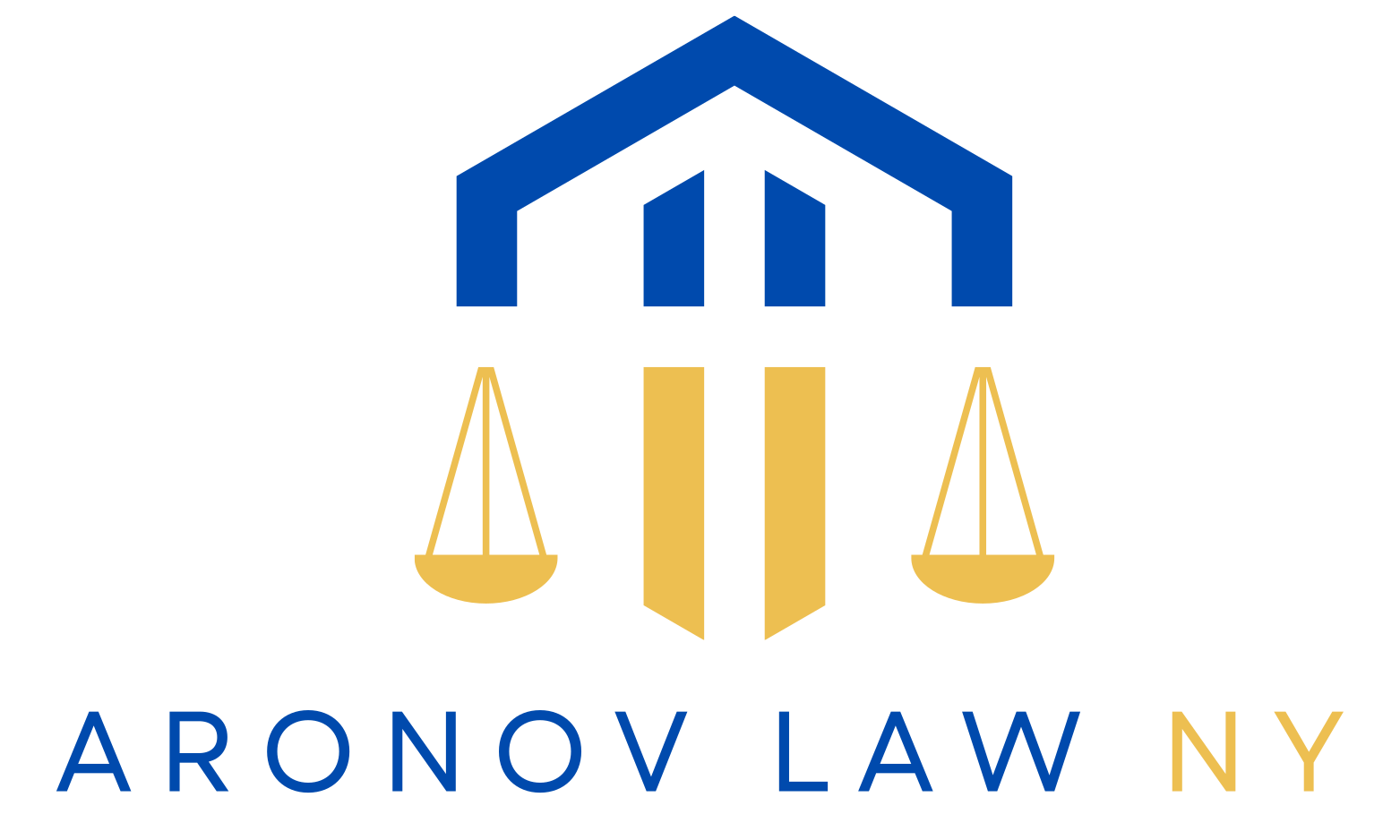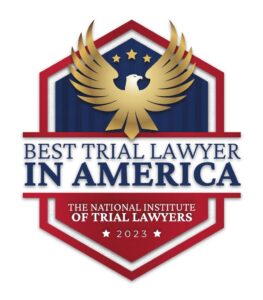Aronov Law USA FCBA Specialists
protect your rights and get you compensation.
Discuss your situation with one of our FCBA Experts.
Consultations are Free & services are 100% contingency based.
Under US Law, Credit Card companies are required to safeguard the financial security of their clients. Sadly, this doesn’t always ensure 100% protection. Crimes committed under the purview of the Fair Credit Billing Act (FCBA) can be difficult to prove and rectify. Achieving compensation for the financial repercussions and emotional distress caused by Credit Card Fraud, require the expertise, diligence and clout of experienced FCBA attorneys.
If you’ve been the victim of Credit Card Fraud, you are not alone. In 2022, the Fair Trade Commission (FTC), which regulates the financial sector, received fraud complaints from 2.4 million individuals. Many Credit Card Frauds evade detection by the FTC because a) the perpetrators cleverly mask their fraudulent activities and b) many consumers are not diligent enough in checking their Credit Card activity. Credit Card hackers perpetually refine their schemes making it challenging for even the most conscientious and security-aware consumer to remain informed and secure.
What does the FCBA do?
The Fair Credit Billing Act (FCBA) and the Truth in Lending Act, both components of the United States’ comprehensive Consumer Protection Regulations, are Federal Statutes that were enacted concurrently. In contrast with the Fair Credit Reporting Act and the Fair Debt Collection Practices Act, these Statutes function in conjunction with analogous or supplementary State regulations to contribute to the reduction of the power differential that exists between corporate entities and consumers. Basically, the FCBA provides consumers with essential protection and imposes legal obligations on Credit Card companies to act ethically in the event of fraud. It is critical to understand that the FCBA safeguards consumers against fraudulent activities on open-ended credit accounts, such as charge accounts, Credit Card accounts, open lines of credit, and the like..
Responding to Credit Card Fraud
Should you encounter or have reason to believe that a Credit Card fraud has occurred, you will be required to take the subsequent critical actions:
Notify the fraud department of the Credit Card company or lender that manages the compromised account. In cases where a Credit Card or charge account is associated with a business (e.g., an airline or retail store), correspondence should be directed to the card-issuing bank rather than the business itself. For example, if you possess a Chase-issued Amazon Prime card, you will be required to contact Chase’s fraud department.
Review the Credit Card statement associated with the accountant and identify any occurrences of unfamiliar, unauthorized, or perplexing entries. Examine the particulars, including store names, dates, locations, and quantities.
Maintain a written record of all interaction with the fraud department in question.
Submit a written dispute through certified mail. You are required to submit a written dispute within 60 days of the occurrence of all fraudulent charges. The FCBA prohibits disputing fraudulent charges over the phone. Always use certified mail, this will avoid a break in the paper trail and/or disputes concerning receipt of written documents.
Enclose a letter specifying that you are writing to contest specific charges that appear on your invoicing statement. It is imperative to precisely specify which allegations are being contested. Incorporate the dates of the statements as well as all pertinent identifying details regarding the charges, including locations, quantities, items or services acquired..
Provide a copy of the statement(s) involved.
Perform a complete assessment of your Credit Reports and establish a fraud alert at each of the three Credit Bureaus: Experian, Equifax, and TransUnion. You can establish a fraud alert via the website or phone number listed for each Credit Bureau.
Each credit bureau is obligated to provide you with a free copy of your Credit Report. Review your credit reports on a regular basis. A copy can be requested via the following three methods: through the website annualcreditreport.com, over the phone at 877-322-8228, or by mailing a request form that is available for printing at annualcreditreport.com. Online requests must be submitted exclusively via the aforementioned government-verified website. Examine the statements of additional Credit Cards, financial institutions, and banking institutions. Identify any suspicious activity and notify the companies and dispute fraudulent charges. Submit a Police report. Depending on the gravity of the illicit operation, you may be required to notify the State Attorney General’s office, they might advise you to file a report with the Federal Trade Commission.
Contacting an Aronov Credit Law USA FCBAspecialist
means utilizing the Optimal Course of Action
for Optimal Results
Call Now for your Free Consultation.
Card Cancellations
The Credit Card company will attempt to terminate a compromised card, which is the best course of action in the majority of cases. In the event that one’s financial situation prevents them from procuring essential items while awaiting a replacement Credit Card, the option to deactivate the compromised card might not be feasible unless there is an alternate that can be used in the interim. For example, this may apply to you if you lack access to cash, an ATM, a bank or checking account, or another Credit Card, charge account, or similar line of credit.
What will a Legal specialist do for me?
After falling victim to credit fraud, attorneys assist victims in navigating the complex legal system, providing guidance and counsel on various facets of the process, including, if required, pursuing legal action to obtain compensation for financial and emotional distress. Credit Card fraud can rapidly escalate into issues with Credit Reports causing further financial havoc. An FCBA attorney will help you avoid this extreme situation or rectify it if it has already occurred.
How much will a Lawyer cost?
The legal fees associated with Credit Card Fraud are covered entirely by the institutions that they sue. The consumer does not pay for legal fees.
When Is Legal Counsel Necessary Regarding Credit Card Fraud?
The assistance of an FCBA is advisable as soon as you realize fraudulent Credit Card activity has occurred on your account.
Resolving Credit Card Fraud Without An Attorney
While it may be possible to successfully deal with Credit Card Fraud yourself, it is always advisable to seek Legal Council before trying to do so. You can save yourself a lot of stress, time and inconvenience by getting expert advice before launching your complaints to the Credit Card company. An FCBA expert will know how to rectify the situation expediently and seek compensation for financial loss and emotional distress. Most individuals are not familiar with the complicated statutes of the FCBA, State laws and the nuances that accompany them. Going it alone against corporate legal teams that represent Financial institutions may not produce optimal results for the consumer.
Safeguard your rights & protect your best interests.
Restore financial and emotional well-being, rectify credit issues, and secure compensation.
Aronov Credit Law USA has assisted tens of thousands of clients
in rectifying Credit Card Fraud disputes.
Call Today for your Free Consultation
Rights of Consumers Under the FCBA
The FCBA concurrently accomplishes two critical functions: it grants you affirmative enforcement rights and imposes legal obligations on the Credit Card company. Although these are essentially two aspects of the same coin, each is crucial. Individuals are entitled to contest any fraudulent charges amounting to $50 or more that appear on their charge account, Credit Card, or loan statement. However, the dispute must be initiated within sixty days of the date you received your bill.
You are entitled to a liability cap of $50 for any charges that are confirmed as fraudulent. This holds true even in cases where thousands of dollars are stolen. A considerable number of Credit Card companies and lenders exempt you from the requirement to adhere to this limit. Therefore, in the event that your claim against fraudulent charges is successful, it is highly probable that you will not be required to make any payment. The customer is entitled to contest charges for undelivered merchandise and inaccurate totals (for instance, legitimate purchases that are incorrectly or repeatedly invoiced).
You are granted an initial dispute period of sixty days for charges and an additional ten days to contest the Credit Card company’s post-investigation determination.
You are entitled to a stay of payment and debt collection proceedings throughout the course of the dispute and investigation. Until the investigation is concluded, you cannot be compelled to pay the disputed amount or sent to collections for failure to do so. State this explicitly to the Credit Card company or other lender..
Obligations of the Credit Card Company Under the FCBA
The company is required to certify receipt of your dispute within thirty days of receipt. It is mandatory for the organization to conclude its inquiry within a period of ninety days and provide you with its findings. Documentation substantiating the company’s conclusion that no fraudulent activity occurred is required. Alternatively stated, it is required to furnish substantiating evidence that supports its claim that you authorized the charges.
Arononov Law FCBA Specialists . . . we’re here for you.
Call us today … sleep better tonight.
Book a Free Consultation

FCBA Consulation
Our Practice Areas
Frequently Asked Questions
How Do I Protect My Real Estate Investment?
It’s simple, only an experienced real estate law firm like Aronov Law NY that has closed on thousands of properties can provide you with the skill set you need to make sure nothing in goes wrong in contract and closing.
What Languages Do You Offer Real Estate Law Services In?
Aronov Law NY is what you would call a true “melting pot” law firm. Our staff is fluent is Spanish, Russian, English, Hebrew and Arabic. We can help you translate your legal documents into a language which you could understand.
What are your closing costs?
Closing costs can range from $700 and up. The goal is to make sure you are legally secured for a lifetime. Dollar for dollar we offer award winning services at affordable prices.
How Do We Meet To Discuss My Real Estate Deals in NYC
Aronov Law NY offers in-person and virtual real estate law services. We have offices throughout the five boroughs of New York City including Queens, Brooklyn, Manhattan & Bronx. Since the Covid-19 era our firm has developed a state-of-the-art virtual law firm which allows us to provide you with everything from free consultations to closings from the comfort of your own home.








